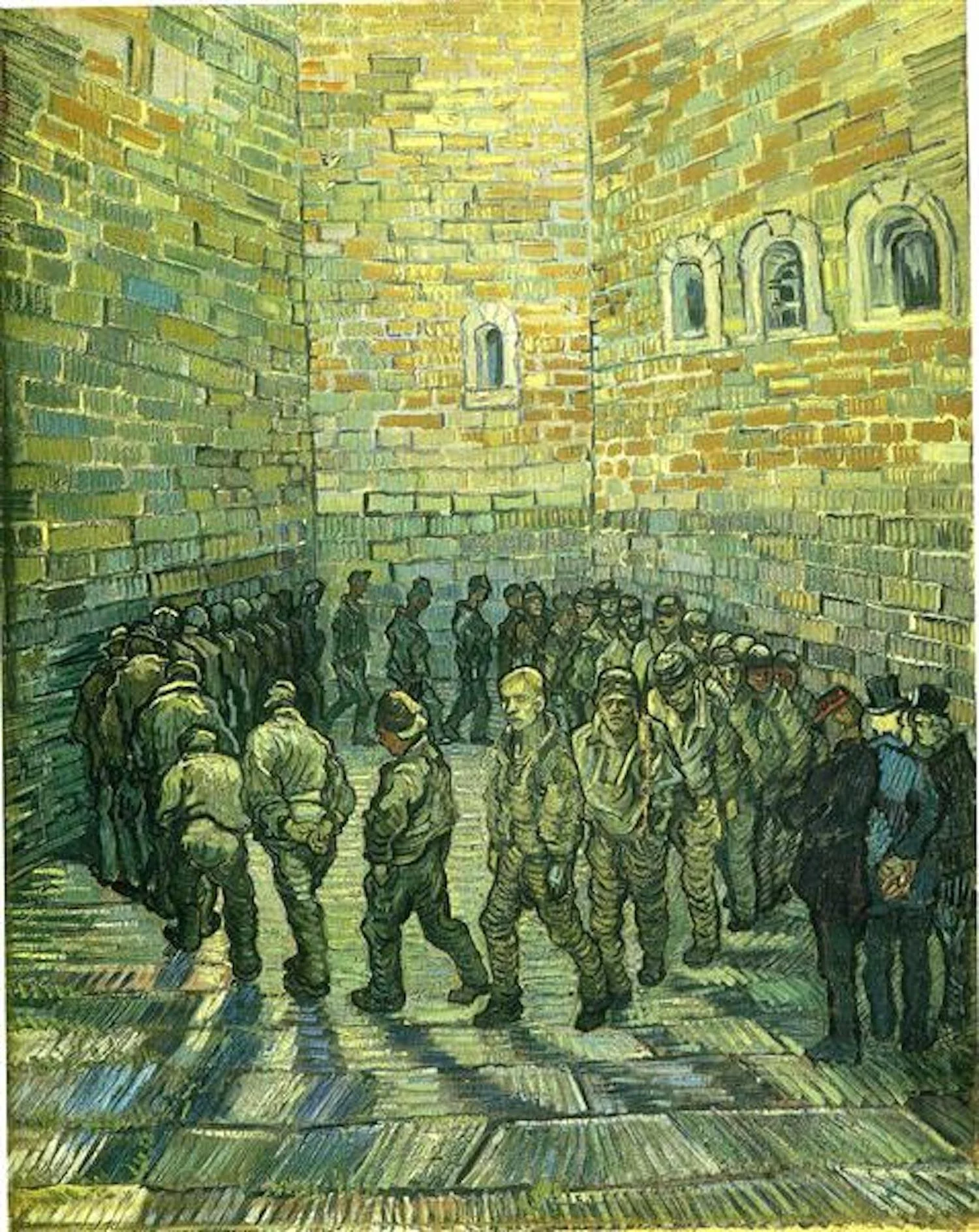The PATH: Meaning, Suffering, and Finding Yourself
sent by J.W. Bertolotti | May 2, 2022
Welcome to The PATH — A weekly reflection with three timeless insights into daily life. This week’s reflection searches for ancient lessons on living a meaningful life. Specifically, the insights of —Meaning, Suffering, and Finding Yourself.
1. Meaning
The philosopher Søren Kierkegaard asked: “What if everything in the world were a misunderstanding? What if laughter were really tears?” What if our ideas of living a meaningful life are misguided?
In the classic Man’s Search for Meaning, Viktor Frankl wrote,
Man is originally characterized by his “search for meaning” rather than his “search for himself.” The more he forgets himself — giving himself to a cause or another person — the more human he is. And the more he is immersed and absorbed in something or someone other than himself, the more he becomes himself.
Similarly, the writer Alan Watts suggested people get fouled up because they want the world to have meaning as words do. As if your meaning connects to a mere word or you were something that could be looked up in a dictionary. “You are meaning,” stressed Watts.
We should not ask what the meaning of his life is but rather must recognize that it is us who are asked, wrote Frankl. “In a word, everyone is questioned by life, and they can only answer to life by answering for their own life.”
Therefore, the search for meaning requires us to take responsibility for our path in life. As the Buddha said, “It’s your road…and yours alone… Others may walk it with you, but no one can walk it for you. No matter what path you choose, really walk it.”
——
2. Suffering
“In some ways, suffering ceases to be suffering at the moment it finds a meaning, observed Frankl, “such as the meaning of a sacrifice.” Frankl is not alone in this view. The philosopher Friedrich Nietzsche suggested, “To live is to suffer; to survive is to find some meaning in the suffering.”
Finding meaning often requires us to look beyond ourselves. In Man’s Search for Meaning, Frankl wrote,
Once, an elderly general practitioner consulted me because of his severe depression. He could not overcome the loss of his wife, who had died two years before and whom he had loved above all else. Now, how can I help him? What should I tell him? Well, I refrained from telling him anything but instead confronted him with the question, “What would have happened, Doctor, if you had died first, and your wife would have had to survive you?” “Oh,” he said, “for her, this would have been terrible; how she would have suffered!” Whereupon I replied, “You see, Doctor, such a suffering has been spared her, and it was you who have spared her this suffering — to be sure, at the price that now you have to survive and mourn her.” He said no word but shook my hand and calmly left my office. In some way, suffering ceases to be suffering at the moment it finds a meaning, such as the meaning of a sacrifice.
My interview with Meghan Sullivan and Paul Blaschko (authors of The Good Life Method) revealed this insight, “All things — pass away, and in this life,” explained Blaschko, “we can try to obscure the facts of pain, suffering, and evil, or we can rearrange our lives in response to this fact.”
——
3. Finding Yourself
What are the obstacles to finding meaning? How does finding oneself lead to meaning? According to Kierkegaard, “The most common form of despair is not being who you are.”
The Notebooks of the Existential philosopher Alber Camus offered advice on finding yourself. Camus wrote,
Distinguish melancholy from sadness. Go out for a walk. It doesn’t have to be a romantic walk in the park, spring at its most spectacular moment, flowers and smells, and outstanding poetical imagery smoothly transferring you into another world. It doesn’t have to be a walk during which you’ll have multiple life epiphanies and discover meanings no other brain ever managed to encounter. Do not be afraid of spending quality time by yourself. Find meaning or don’t find meaning but ‘steal’ some time and give it freely and exclusively to your own self.
Whether finding ourselves or searching for meaning — it is up to us. “To venture causes anxiety,” explained Kierkegaard, “but not to venture is to lose oneself. And to venture in the highest is precisely to be conscious of oneself.”
——
Thank you for reading; I hope you found something useful. If so, please consider sharing it with others.
Each week, we send a short reflection with three insights to help you live your highest good. If you are not a subscriber to The PATH, you can sign up here to receive it right to your inbox.
Image credit: Prisoner Exercising by Vincent van Gogh (1890)






